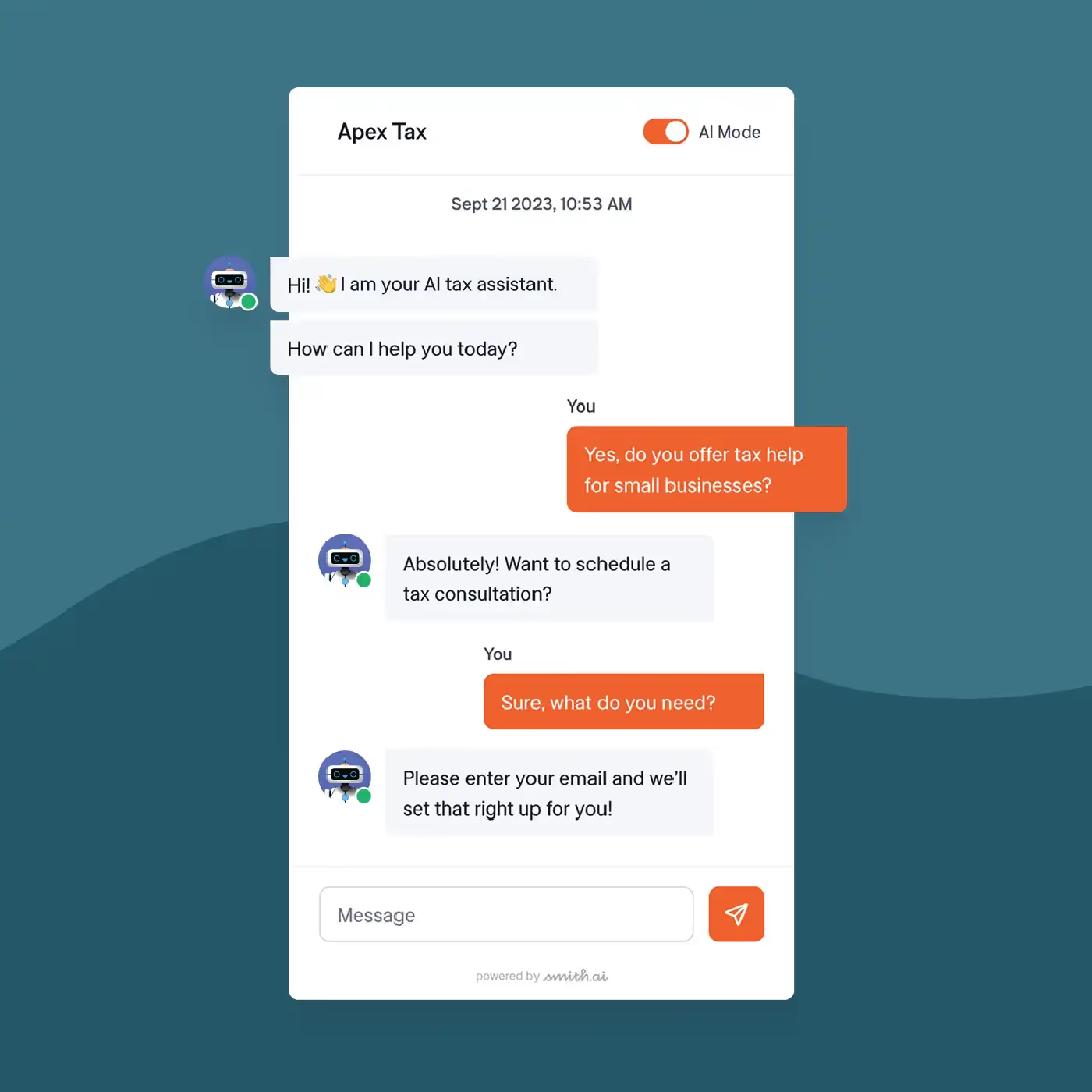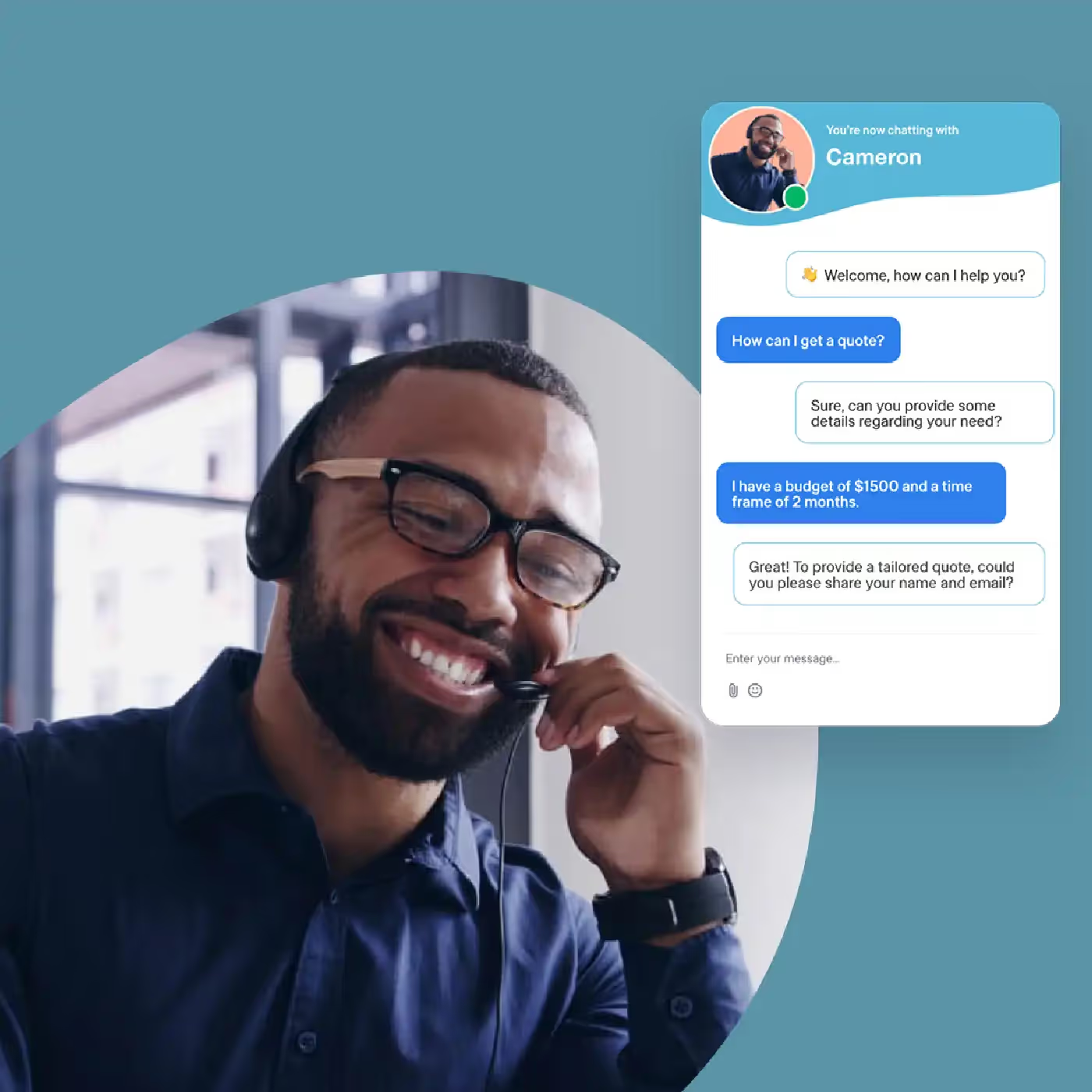AI Ticketing Systems: The Changer for Small and Medium Businesses
AI Ticketing Systems: The Changer for Small and Medium Businesses

Remember when support tickets gathered dust for days? Those days are vanishing. AI ticketing has evolved from basic email sorters into digital support ninjas that handle customer issues end-to-end, transforming how businesses deliver customer service.
How AI Ticketing Actually Works
Ever wonder what's happening behind the scenes? AI ticketing systems are like support agents that never sleep, never need coffee, and never have a bad day. Two technologies make this possible:
Natural Language Processing (NLP) helps AI understand human language, even with typos and weird abbreviations. It detects if a customer is about to spontaneously combust from rage or just mildly annoyed about a password reset.
Machine Learning algorithms, including Large Language Models, get smarter over time, analyzing mountains of past ticket data to predict the best way to handle new issues. Unlike humans, they never forget a solution.
When a customer fires off that "urgent" email, here's what happens:
- The system collects tickets from all channels – emails, chats, social media
- AI reads the content to determine intent and emotional state
- The issue gets classified (billing, technical, etc.) and prioritized instantly
- The ticket lands on the right desk without playing musical chairs across departments
For common questions, the system pulls answers from existing resources faster than your most experienced agent could type them. When humans need to step in, the AI provides everything they need – customer history and suggested solutions.
The real magic happens over time as these systems learn which solutions actually fixed problems and which ones just made customers write back with "THAT DIDN'T WORK!!!"
The Business Case for AI Ticketing
If AI ticketing didn't boost the bottom line, nobody would care. But the numbers tell a compelling story. Camping World saw agent efficiency jump by 33% after implementing their AI assistant.
A retail company cut ticket volume by 50% through AI-powered self-service. One mid-sized city government saved over 3,000 hours annually in IT helpdesk operations.
These customer satisfaction improvements show the significant impact AI ticketing can have on the overall customer experience.
Beyond the financial impact, AI ticketing transforms operations in ways that ripple through the entire support experience. ClickUp agents solved 25% more tickets per hour just one week after deploying AI assistance.
The days of "hot potato" ticket passing disappear when AI matches tickets to the right agent first time. And unlike human agents, AI never calls in sick, never takes vacation, and handles emergencies at 3 AM without complaint.
Are You Actually Ready for AI Ticketing?
Before diving headfirst into AI ticketing, let's check if there's water in it. Implementation without preparation is like trying to run before you can crawl.
Process Assessment
- Ask your team: What makes them want to scream into a pillow? Their answers reveal where AI helps most.
- Map the journey: Where does your ticket process resemble a maze rather than a straight line?
- Identify pain points: Which parts of your workflow make agents reach for the aspirin bottle?
- Evaluate knowledge resources: Is your knowledge base a ghost town where information goes to die?
Data Readiness
- Quality check: AI ticketing systems need quality data like teenagers need food.
- Organization status: Does your ticket data resemble a digital junk drawer or an organized system?
- System integration: Is customer information scattered across multiple platforms that don't communicate?
- Historical data: Have you accumulated enough past tickets to effectively train your AI?
- Remember: Garbage in, garbage out – but exponentially worse with AI.
The Ultimate AI Ticketing Tech Stack
Smith.ai: Your Communication Command Center
Small businesses often struggle to handle incoming calls and leads, drowning in missed opportunities and fragmented communication. Smith.ai emerged as a game-changing solution, bridging the gap between AI efficiency and human touch.
Key Features:
- 24/7 Bilingual Virtual Receptionist: Capture every call, in every language, at any time of day
- Intelligent Call Routing: AI-powered triage that connects callers to the right person or creates detailed messages
- Seamless CRM Integration: Automatically log interactions, track leads, and sync with your existing business tools
monday service: Support Intelligence Redefined
Customer support used to be a chaotic dance of misrouted tickets and frustrated teams. monday service transforms this landscape with an AI-powered platform that turns support into a strategic advantage.
Key Features:
- Hyper-Intelligent Ticket Classification: AI that understands ticket nuance, priority, and emotional context
- Automated Workflow Optimization: Instant ticket routing and assignment based on team expertise and workload
- Knowledge Base Supercharger: AI-powered solution suggestions that pull from your company's entire knowledge repository
NICE: The Support Prediction Engine
Traditional customer support reacts to problems. NICE flips the script by predicting and preventing issues before they escalate.
Key Features:
- Emotion-Aware Natural Language Processing: Detect customer sentiment and urgency with uncanny accuracy
- Predictive Support Analytics: Identify potential issues and proactively create solutions before customers complain
- Comprehensive Customer Journey Mapping: Create a 360-degree view of customer interactions across all touchpoints
Zendesk: The Support Workflow Maestro
Communication channels are a tangled mess of emails, chats, social media, and phone calls. Zendesk brings order to this chaos, creating a unified support ecosystem.
Key Features:
- Omnichannel Ticket Unification: Consolidate support requests from every platform into a single, manageable stream
- AI-Powered Trend Detection: Spot emerging customer issues and pain points before they become widespread
- Adaptive Workflow Automation: Intelligent ticket routing and resolution that learns and improves over time
The Human Side of AI Ticketing Implementation
Even the most brilliant AI ticketing implementation can fail without proper change management. Your people make or break this project.
Your support agents might fear the AI is coming for their jobs. Have you clearly defined which tasks belong to humans vs. AI? Have you shown them how Conversational AI handles the repetitive stuff so they can do more interesting work?
Agents at a medical supplier might find that "the insights coming in through AI give us the chance to be better customer service agents and provide a better customer experience." Your team should see AI as a helpful sidekick, not a job eliminator.
Industry-Specific AI Ticketing Applications
Different industries face unique support challenges, and AI ticketing adapts accordingly.
E-commerce companies contend with holiday rushes that make ticket queues explode, endless "where's my order?" questions, and customers expecting answers everywhere from email to Instagram. Effective e-commerce AI ticketing systems automatically pull order information and track packages. "Your order shipped yesterday and will arrive Tuesday" is exactly what customers want to hear without waiting for a human.
SaaS and tech companies deal with technical questions requiring deep product knowledge and strict SLAs with penalties for late responses. Their AI ticketing systems tap into technical documentation and monitoring tools – like having a tech expert who memorized your entire documentation library and never sleeps.
Financial service providers implement AI ticketing with special requirements around regulations, security, and complex products. Their systems include compliance checks and identity verification while offering personalized advice faster than traditional methods.
Beyond support, AI can also enhance AI lead generation, providing additional value across various industries.
Common AI Ticketing Challenges (And How to Beat Them)
AI ticketing implementation isn't always smooth sailing. Here's how successful companies navigate the choppy waters:
When data isn't ready, start with your greatest hits – the top 5-10 ticket types that make up most of your volume. Clean your historical data before feeding it to the AI ticketing system and create clear guidelines for ticket categorization going forward.
Staff resistance requires showing teams how AI ticketing handles the boring stuff so they can tackle interesting problems. Share success stories and create role-specific training that shows each team member how AI makes their specific job better.
Legacy system integration challenges can be addressed by using middleware as a translator between old systems and new AI. Consider implementing AI ticketing in phases instead of trying to change everything at once, and create clear paths for AI to hand off complicated issues to humans when needed.
These challenges, though significant, can be turned into a valuable business opportunity to improve and streamline your customer support processes.
Your AI Ticketing Roadmap
Your business deserves more than missed calls and lost opportunities. Smith.ai transforms how you connect with customers, turning every interaction into a potential win. And we'd love to show you how. Curious? Book a free consultation and peek behind the curtain of communication magic, with zero commitment and 100% actionable insights.
Take the faster path to growth. Get Smith.ai today.
Key Areas to Explore

Your submission has been received!









.avif)

.svg)



